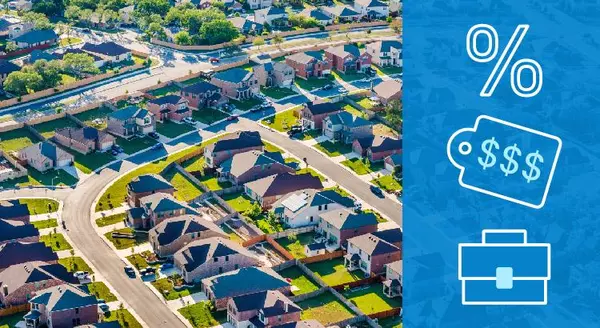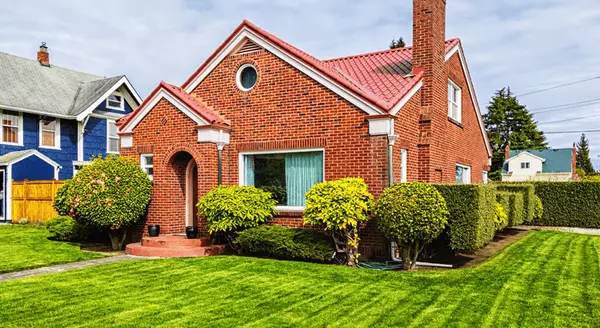OVERVIEW
$50 Million
Value of Real Estate Sold
18
Five Star Reviews
Over 550+
Number of Properties Sold
10 +
Industry Experience(Years)
Our team is good at helping our clients identify, negotiate, and close on the home they choose. We listen to your needs and even non-negotiables to know which home, neighborhood, and even particular street will appeal to you specifically. In the end, you would be most concerned with the question "Which of these three great homes should I buy?"
WHY CHOOSE OUR TEAM?
- Extensive Local Knowledge
- We are experts in local areas. Our team knows the streets almost as well as the firemen and our GPS. With this local knowledge, we will:
1 ) Get you acquainted with every neighborhood in your price range.
2 ) Help you identify the areas you are not as fond of.
3 ) Focus on the areas you like.
4 ) Provide you with useful local knowledge, help you understand the local market conditions.
5 ) Take you to see potential homes as soon as possible.
- Expert Negotiation
- Our expert negotiation strategies have helped buyers buy their home at the best possible price. Most of our buyer transactions are multiple offers, and we're proud of our high success rate representing clients. Our team will:
1 ) Advise you on how to write an impressive, compelling offer.
2 ) Strategize when competing with multiple offers.
3 ) Separate your offer from everyone else's.
4 ) Ensure your offer is presented.
5 ) Get you your home at the best possible price.
- Reputation
- Who you choose to represent you is incredibly crucial not only for you, but also for the competitive market. We have a good reputation among our clients. Also, our relationships with our colleagues are long-standing, which helps our clients in buying and selling their homes.
1 ) Treat colleagues as colleagues, not competitors.
2 ) Keep a small clientele in order to provide the very best service.
3 ) Our clients know they are receiving the best possible attention and service.
4 ) On average, our clients see less than ten homes before purchasing.
BUYER RESOURCES





